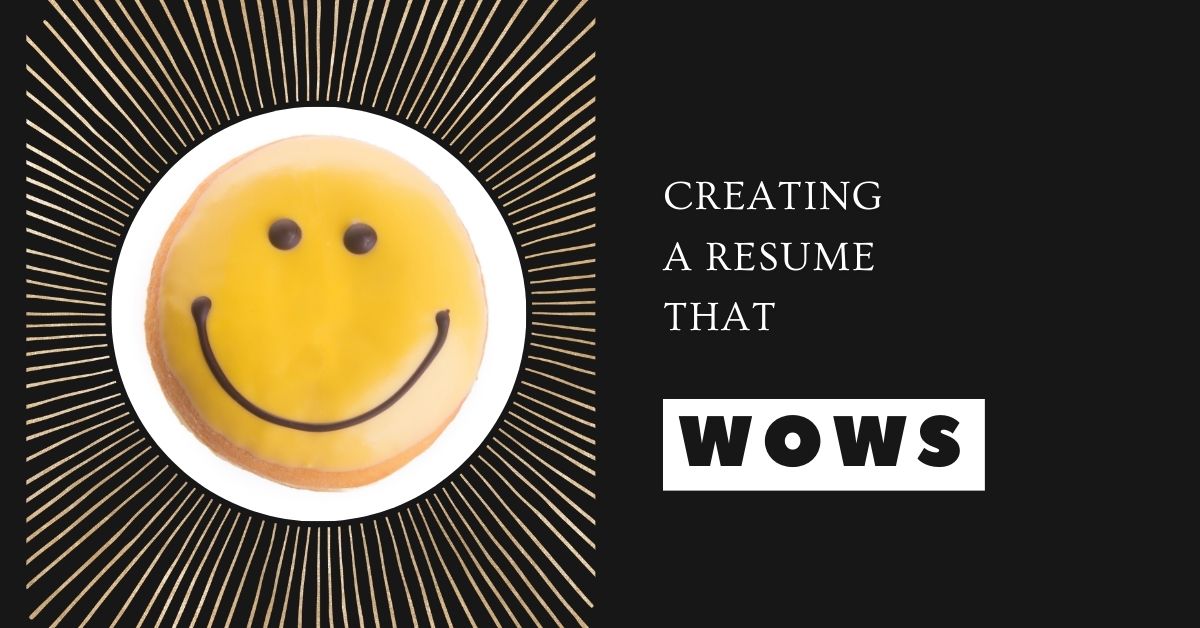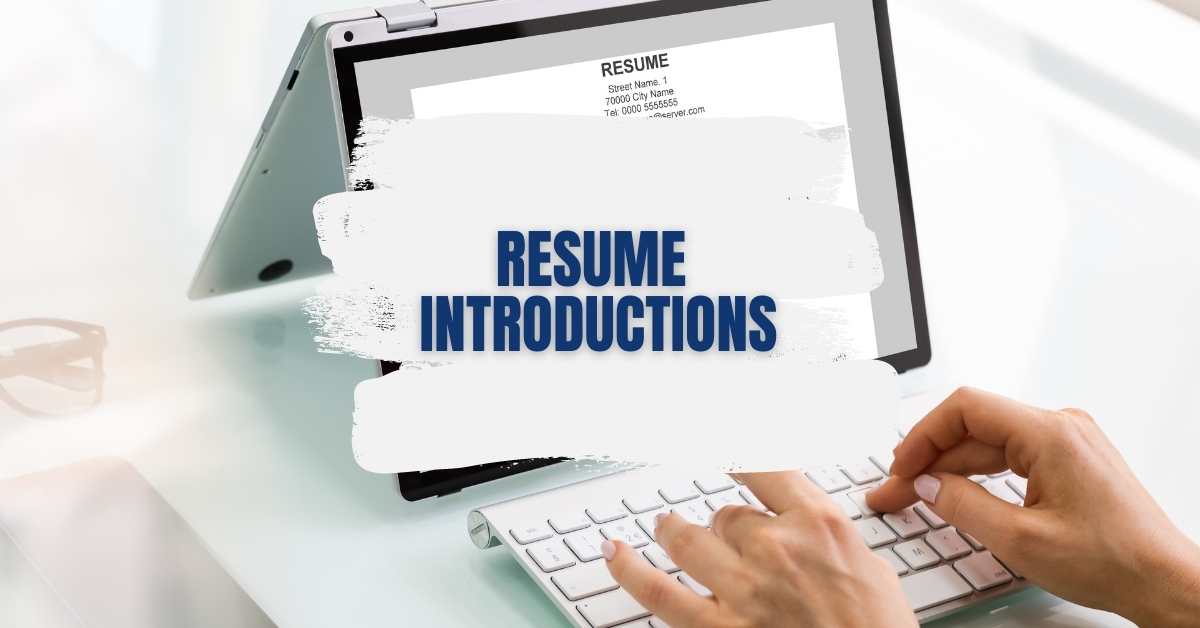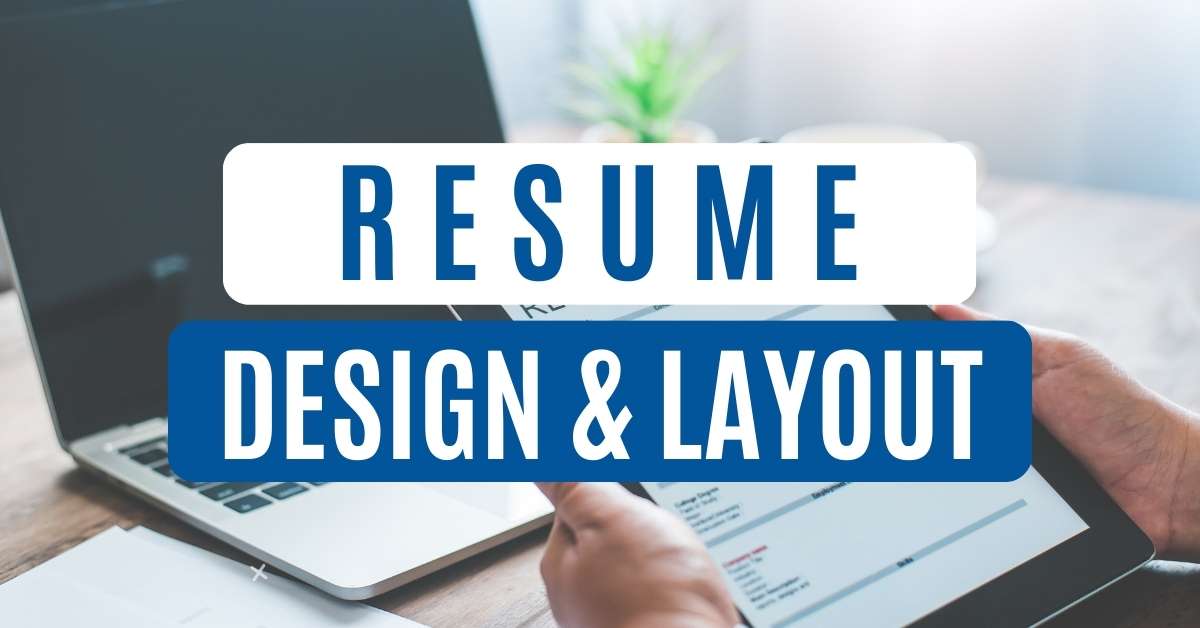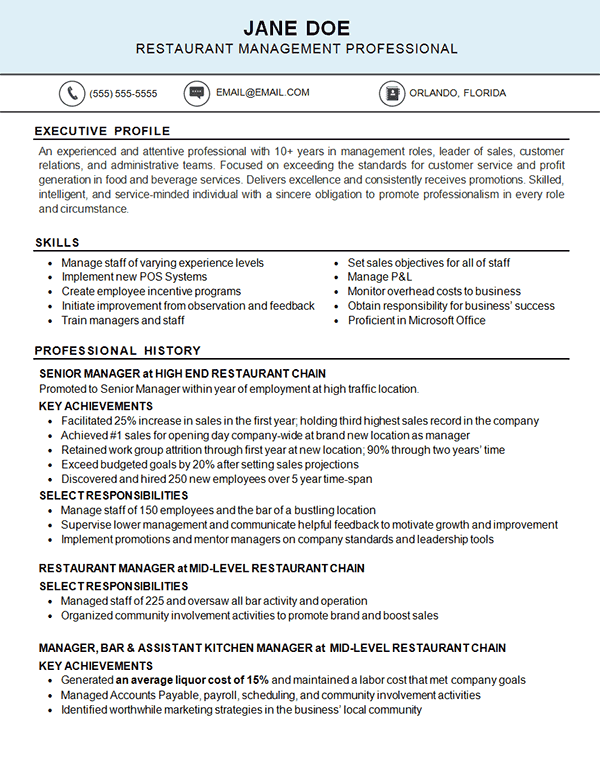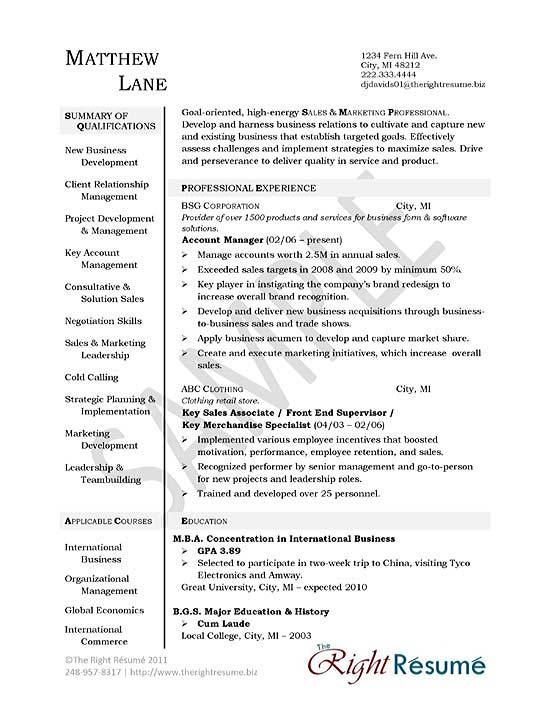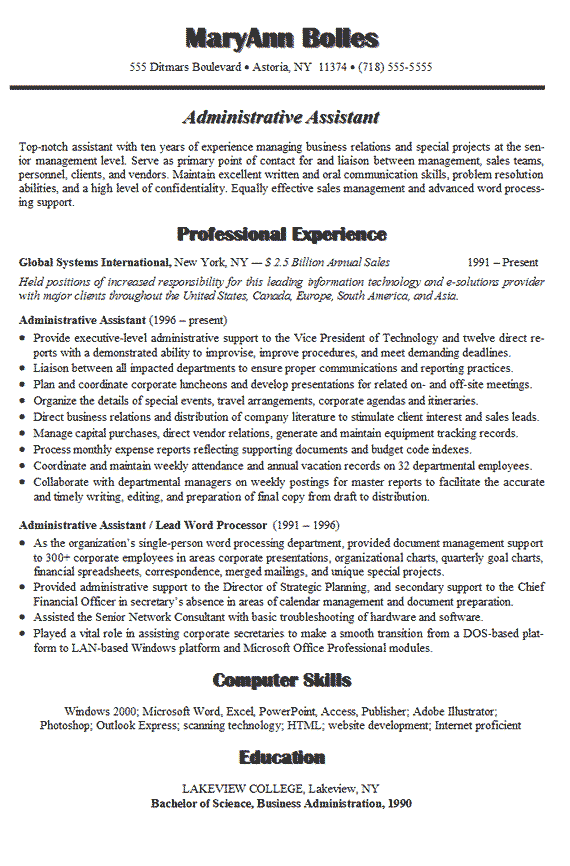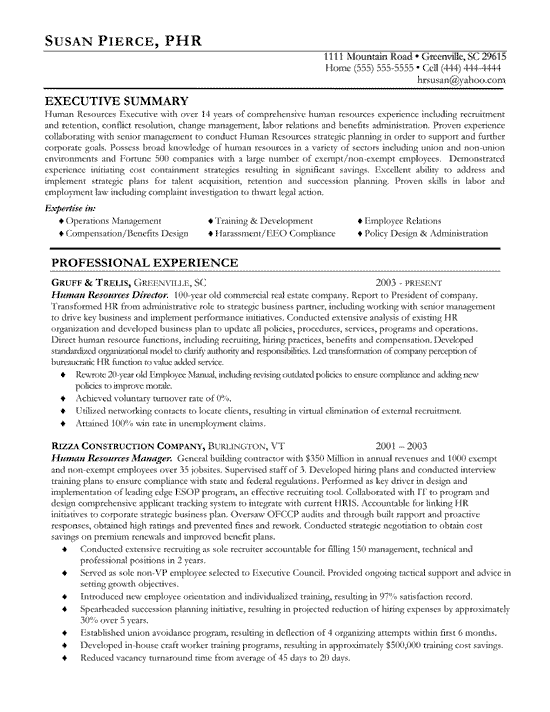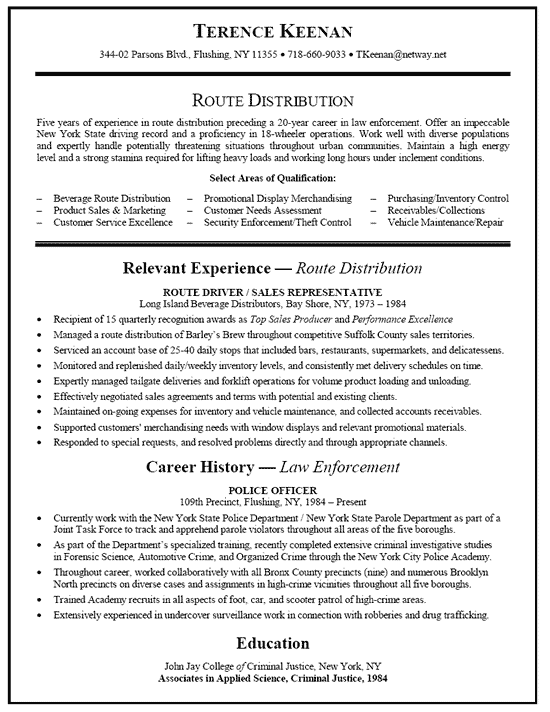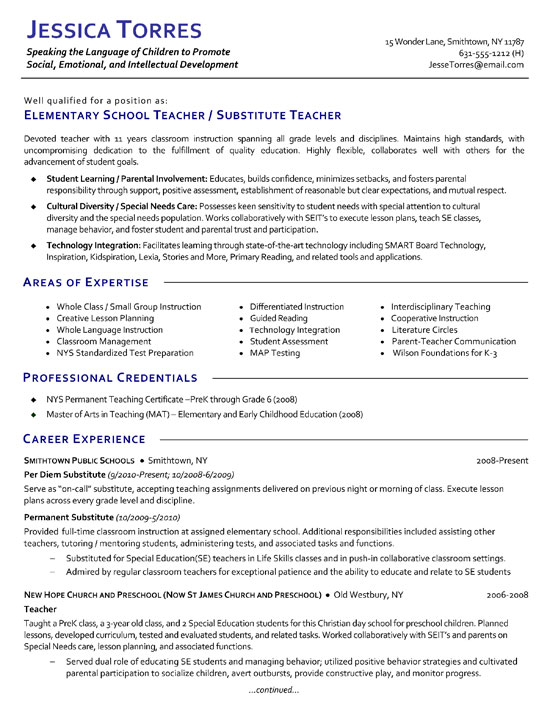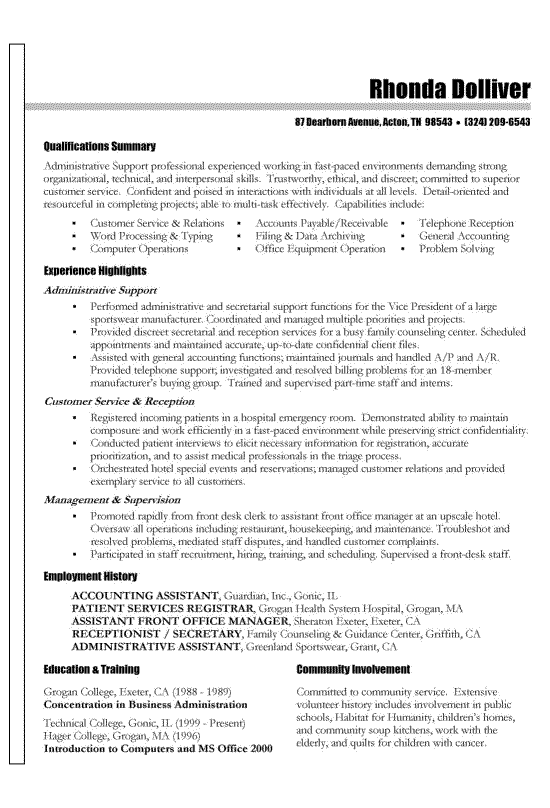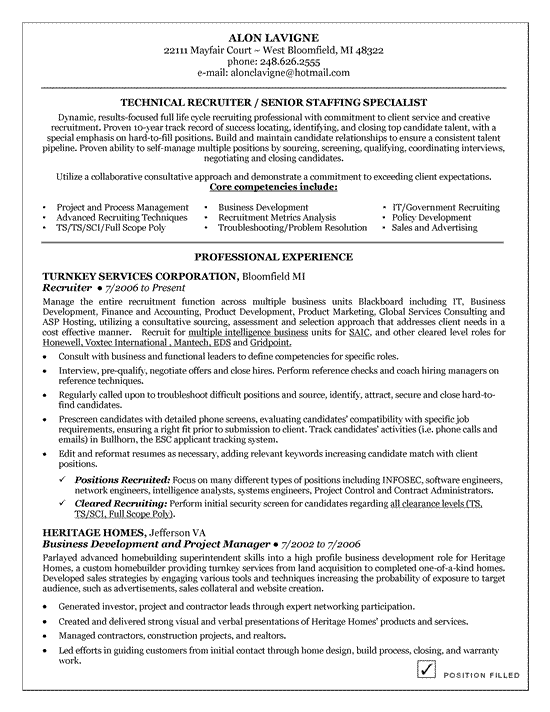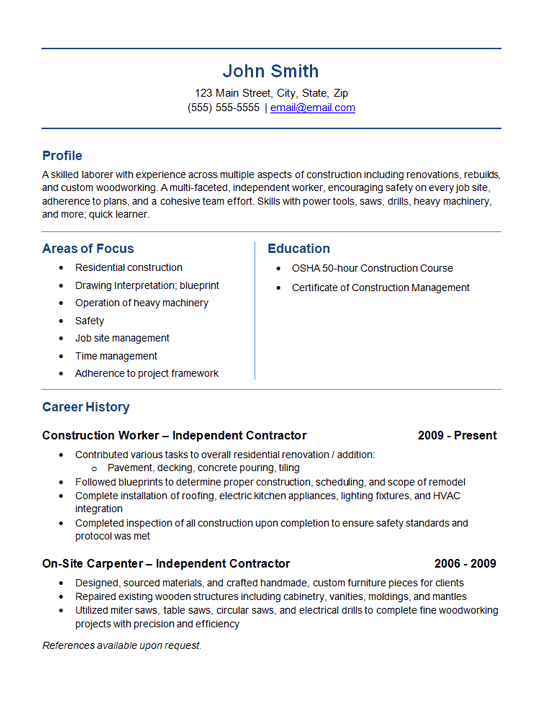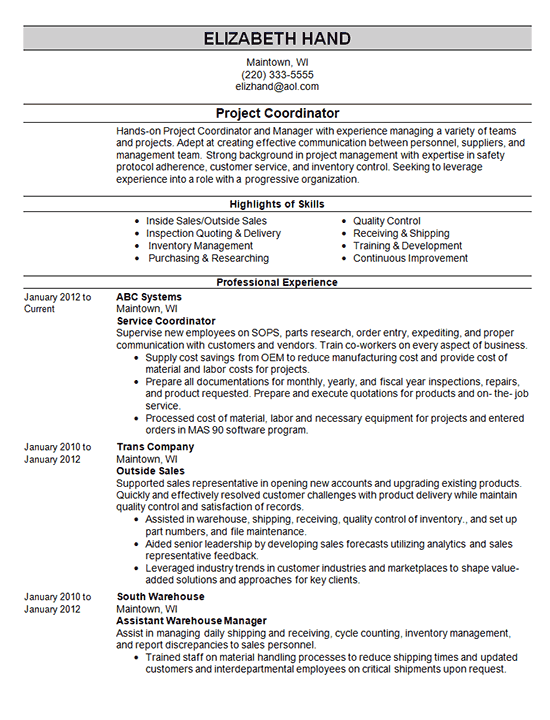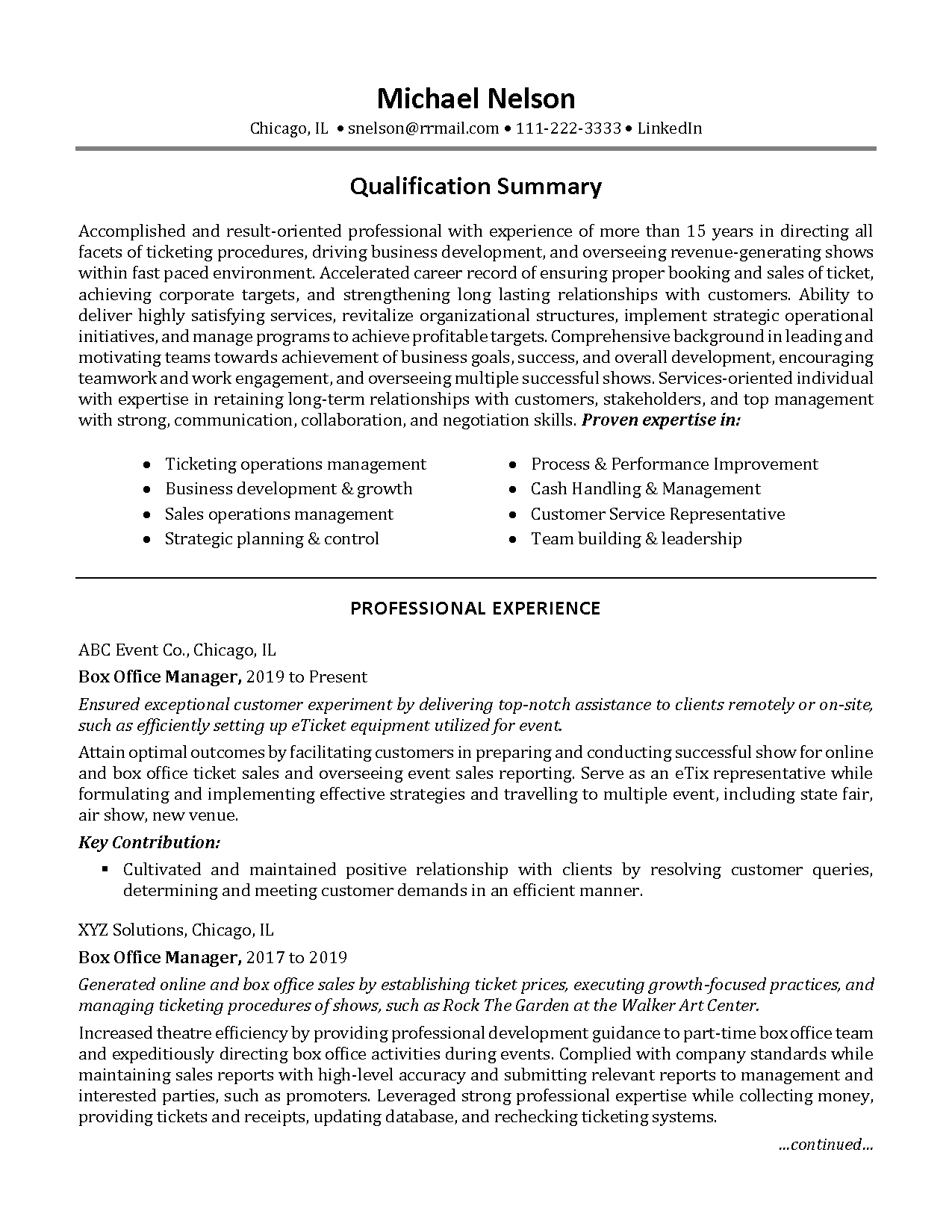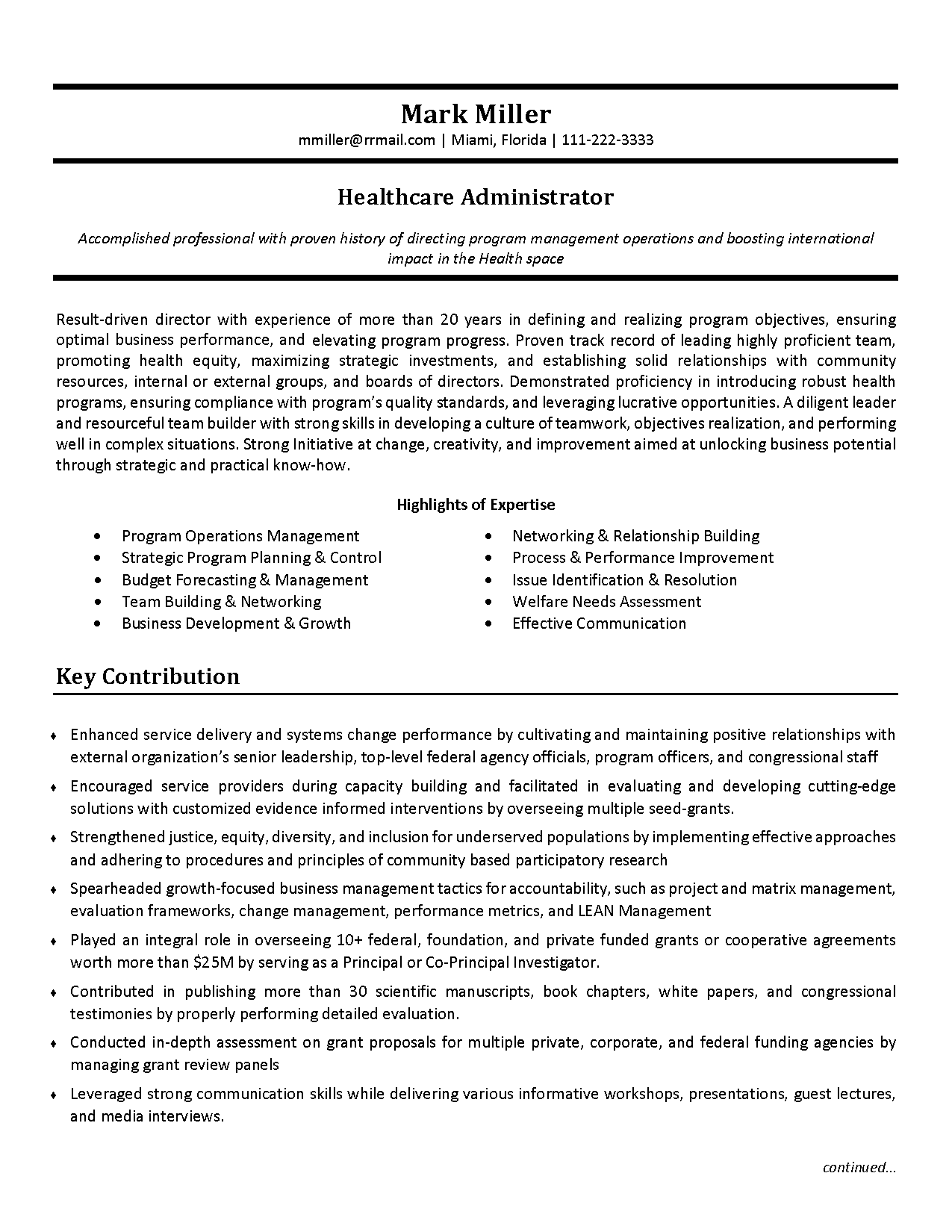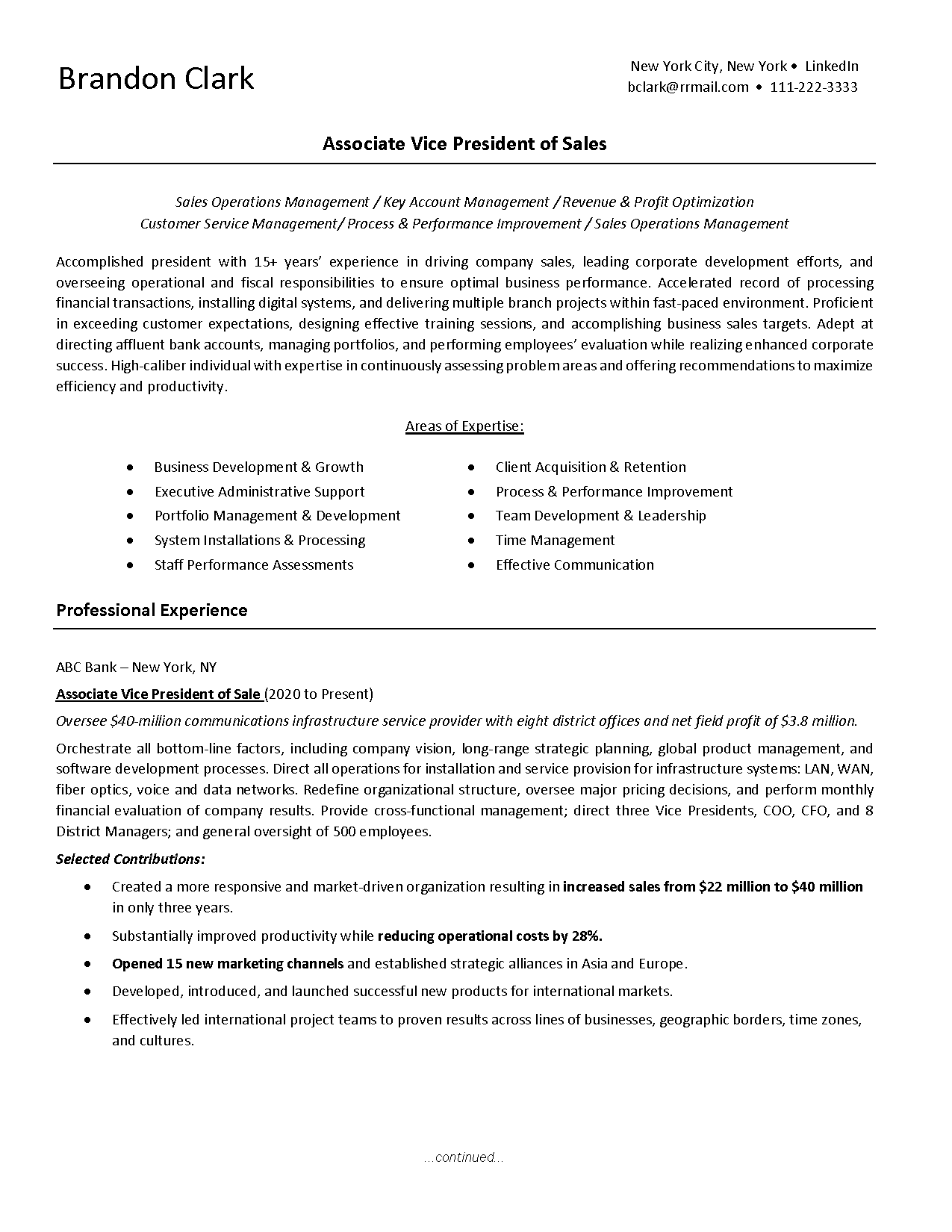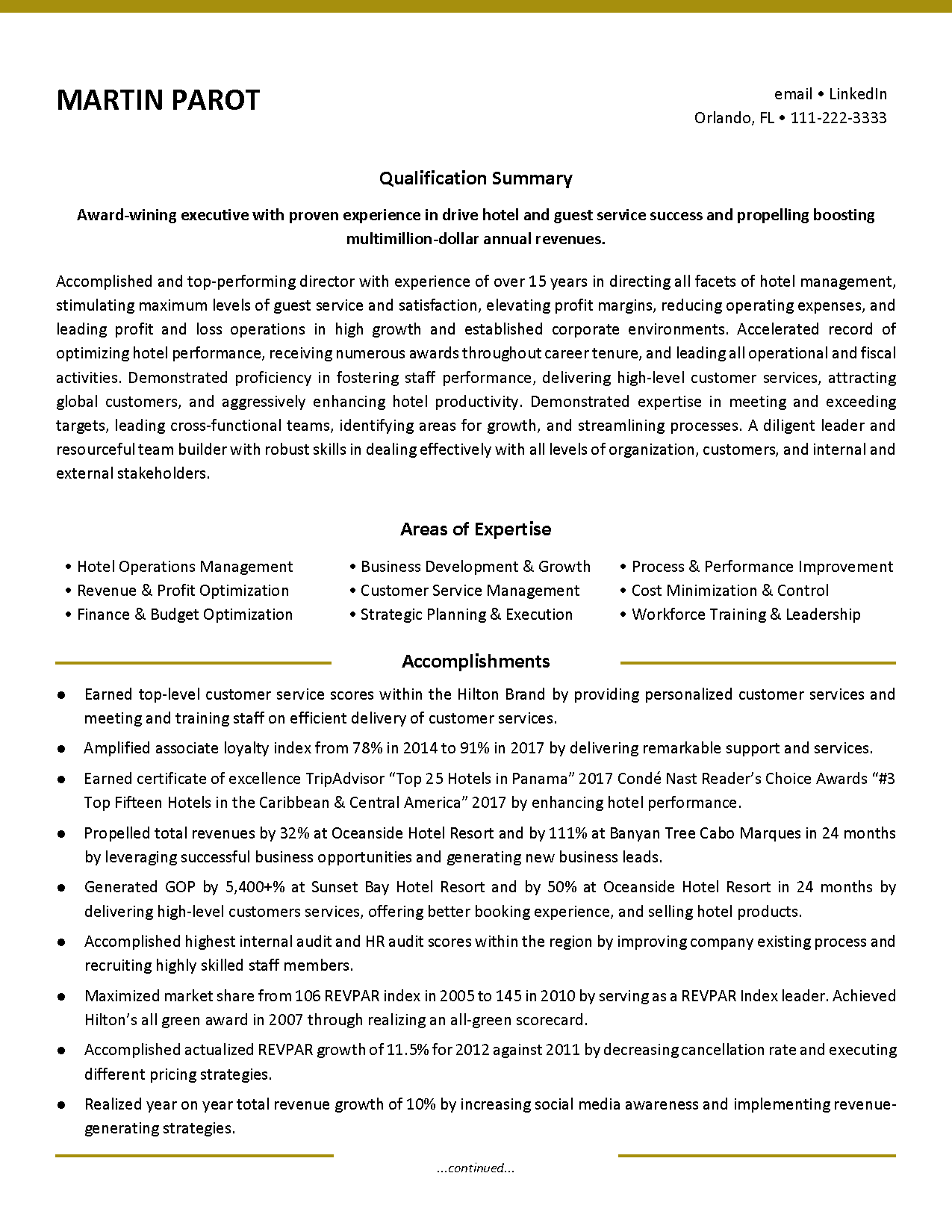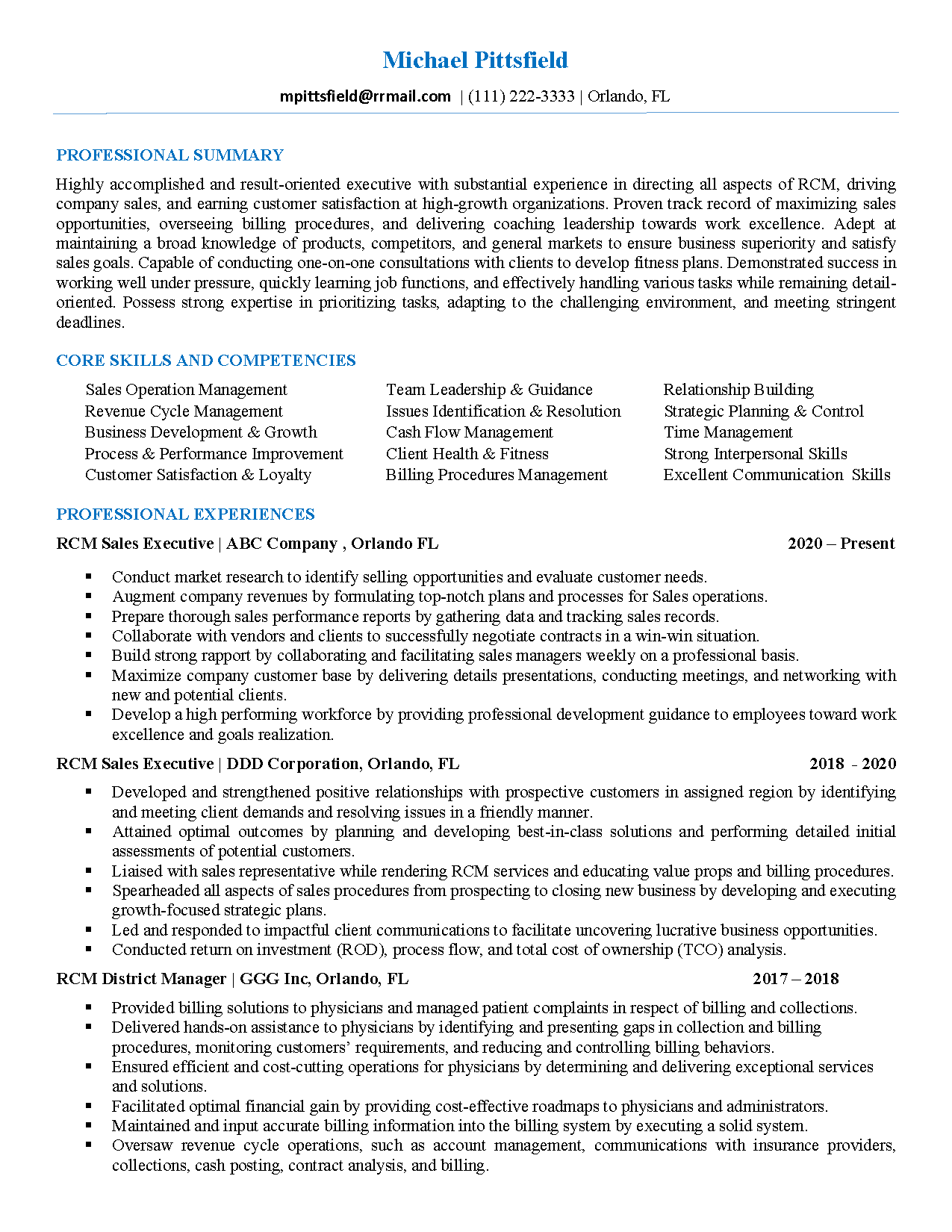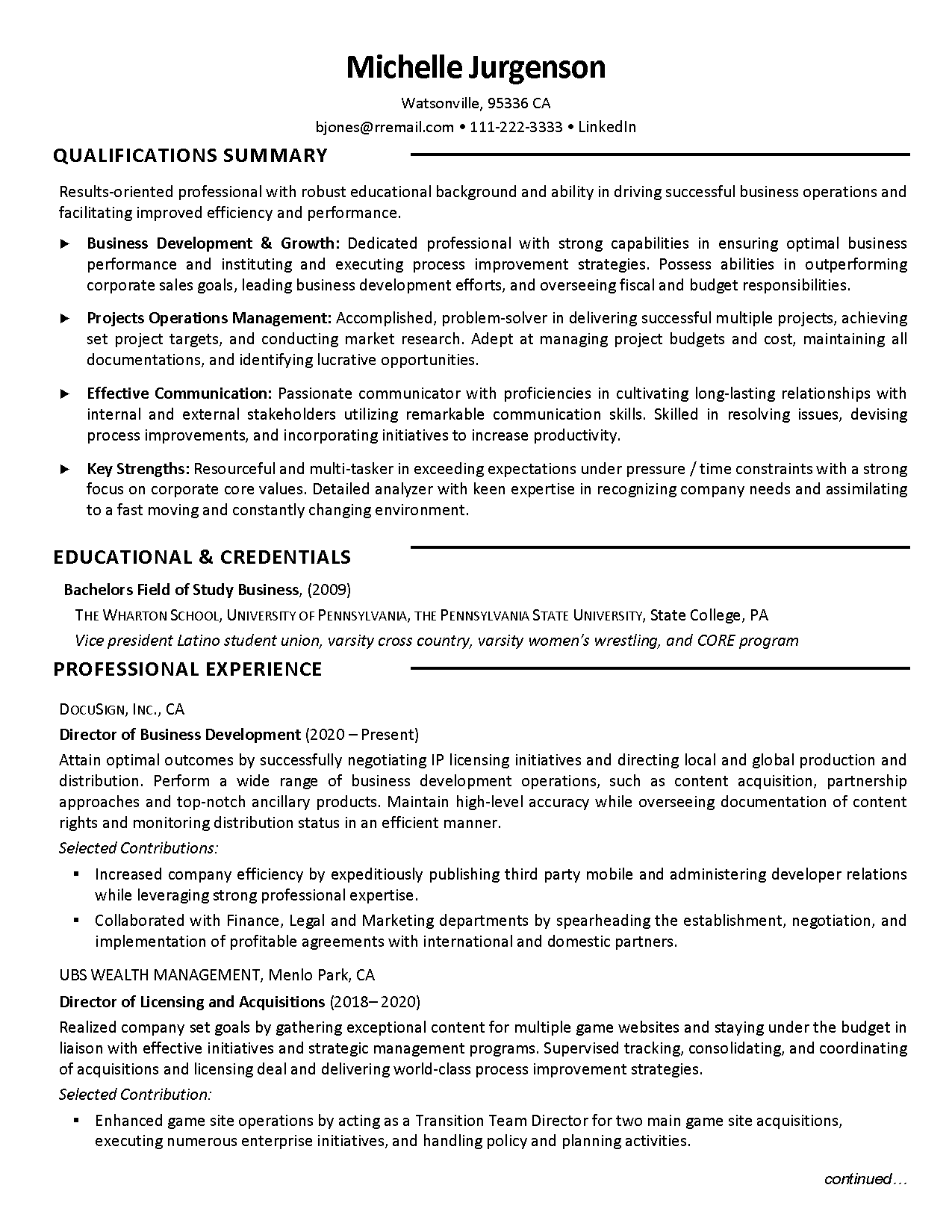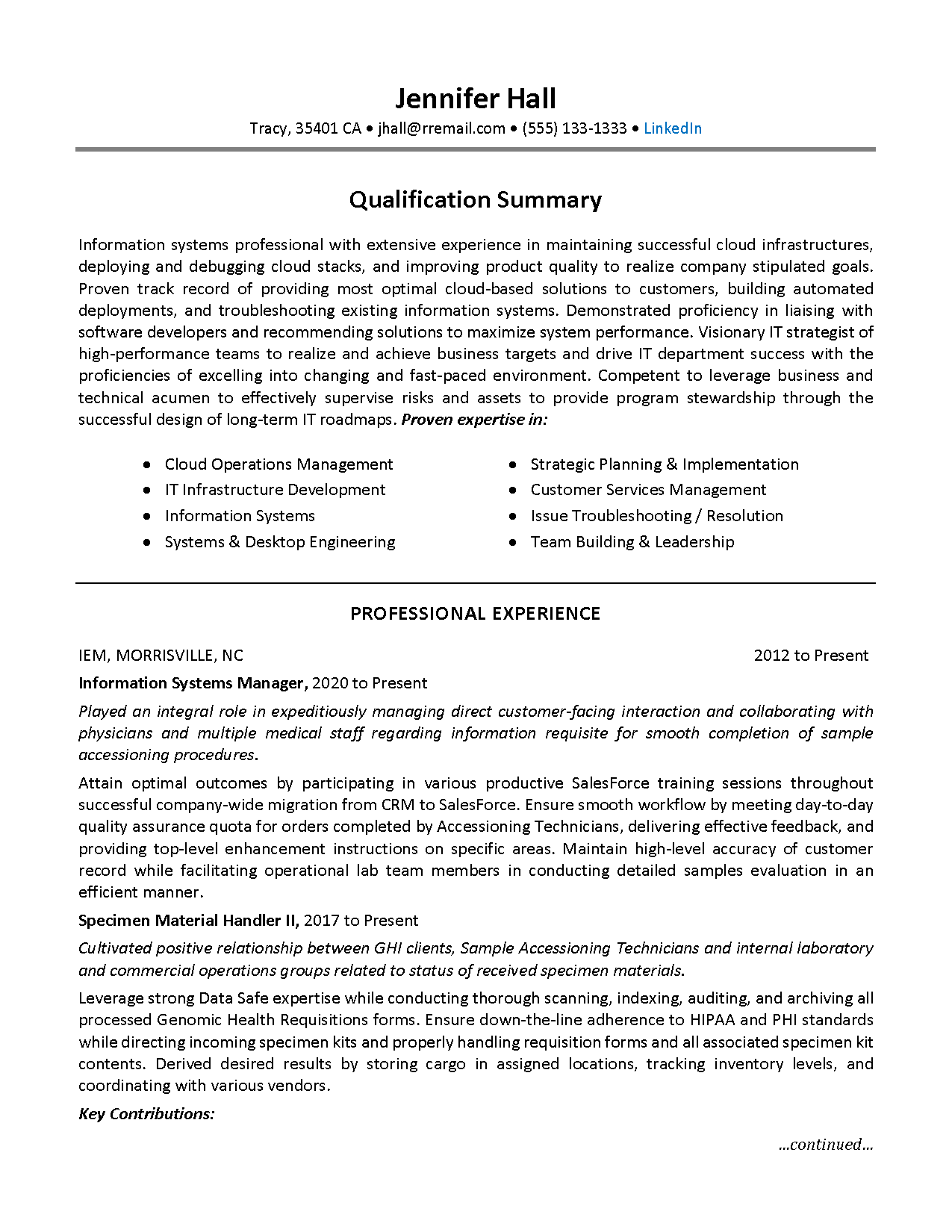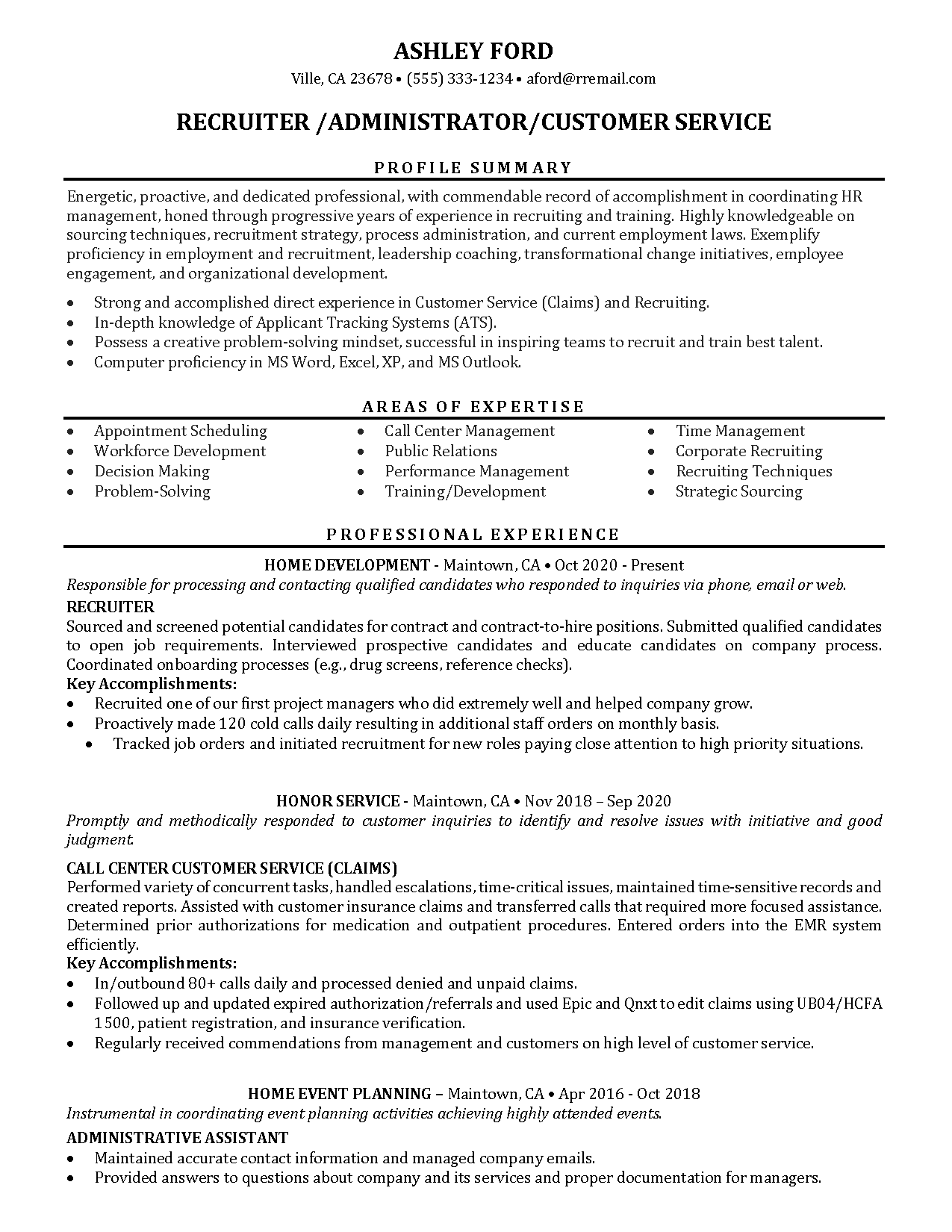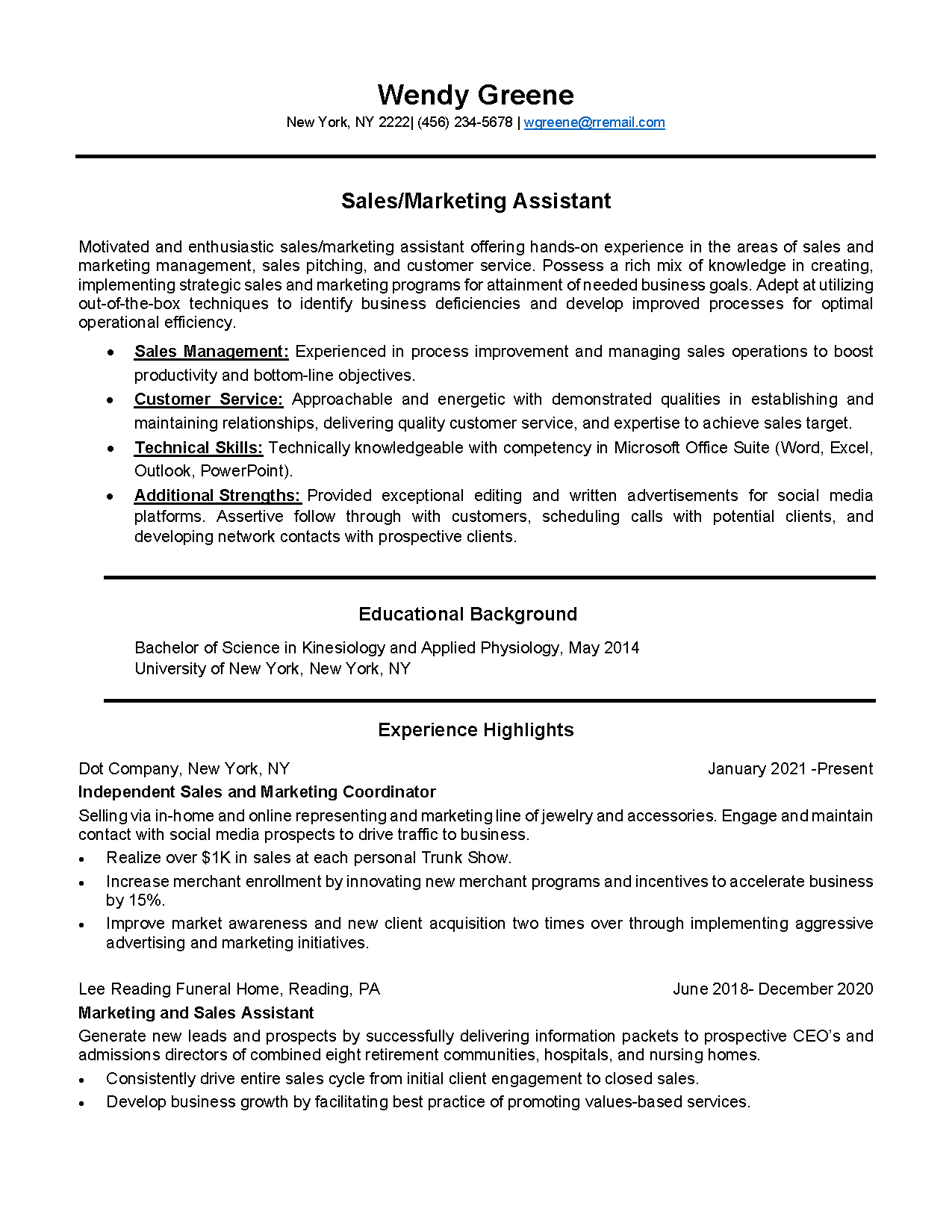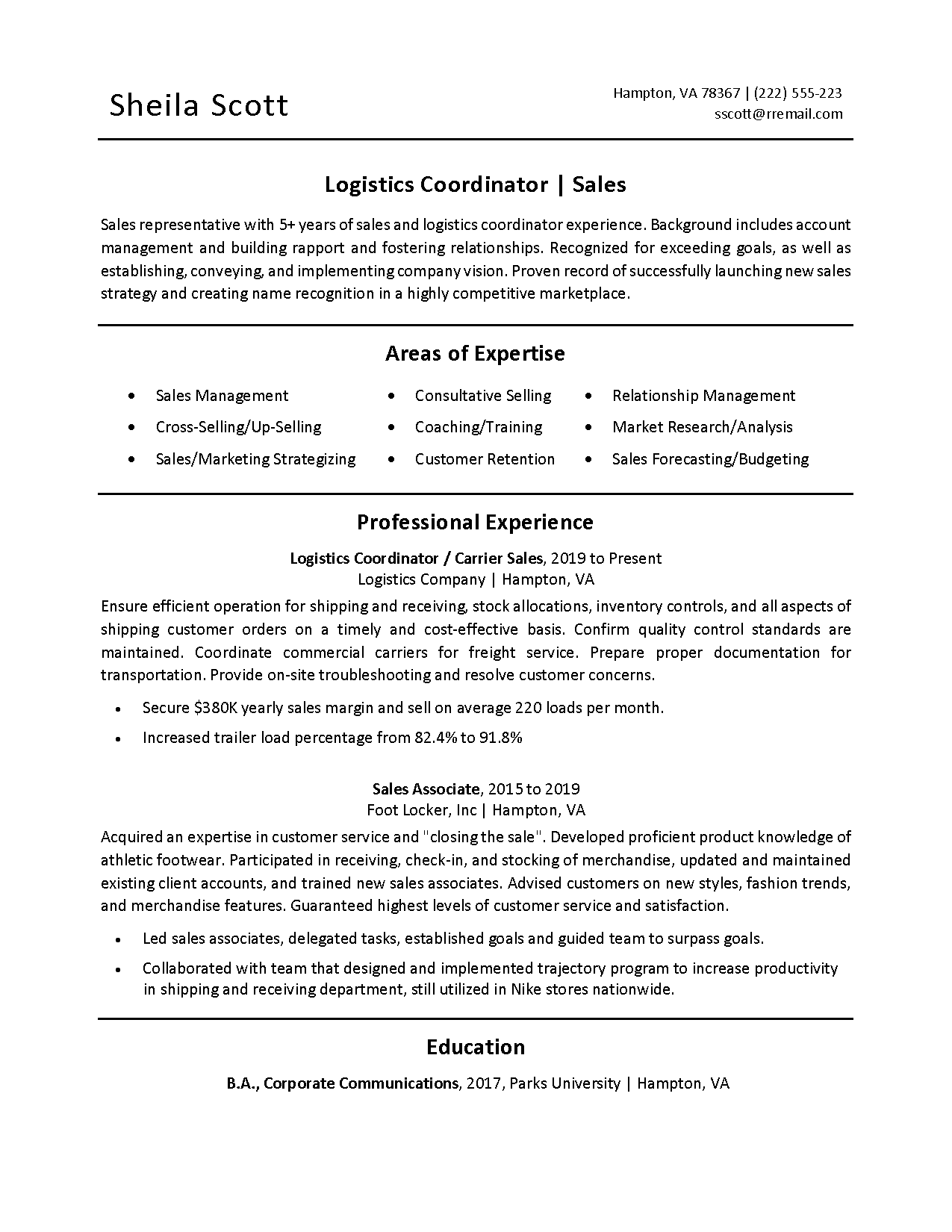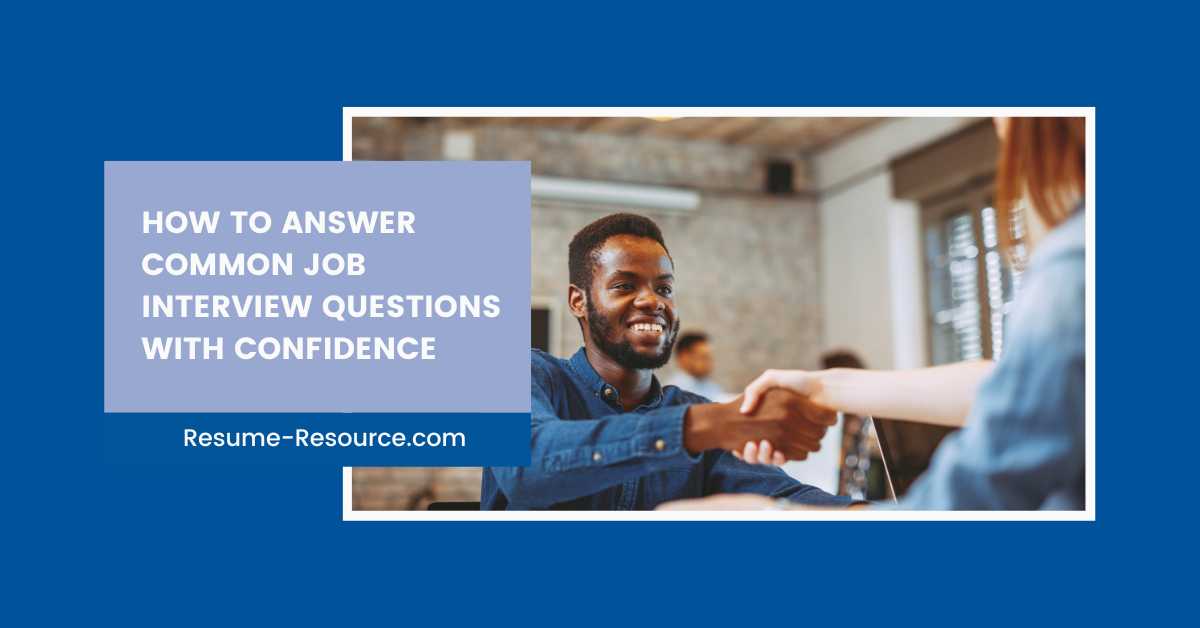
Interview Success 101: How to Answer Common Job Interview Questions with Confidence
Introduction: The Importance of Interview Success
Job interviews are a crucial step in the hiring process. They provide employers with an opportunity to assess a candidate’s skills, experience, and personality to determine if they are the right fit for the job. However, interviews can also be nerve-wracking for candidates who may feel pressure to make a good impression and answer questions correctly.
Interview success is essential because it can determine whether or not you get the job. According to a survey by CareerBuilder, 49% of employers know within the first five minutes of an interview if a candidate is a good fit for the position. Additionally, 87% of employers said that cultural fit was important when making hiring decisions.
Preparing for the Interview: Researching the Company and Position
One of the most critical steps in preparing for an interview is researching the company and position you are applying for. This will help you understand what the employer is looking for and how you can demonstrate that you are a good fit.
Start by reviewing the company’s website, social media pages, and any recent news articles about them. Look for information on their mission statement, values, products or services, and any recent accomplishments or challenges they have faced.
Next, review the job description carefully and make note of any required skills or qualifications. Think about how your experience aligns with these requirements and prepare examples to demonstrate your abilities.
Finally, research common interview questions related to your industry or position so that you can practice your responses ahead of time.
Common Job Interview Questions and How to Answer Them
There are several common job interview questions that candidates should be prepared to answer. These include:
“Tell me about yourself”
Keep your response relevant to the job and the company you are interviewing with. Start by providing a brief overview of your background, education, and work experience. Then, focus on highlighting your skills and achievements that align with the job requirements. This is also a great opportunity to explain why you are interested in the position and how you can contribute to the company’s success. Be concise and avoid sharing personal information that is not relevant to the job. This one comes up often, so I suggest that you practice your response before the interview so you can answer with a confident tone.
“Why do you want this job?
Show the interviewer that you’ve done your research on the company and have a genuine interest in the position. Start by highlighting the aspects of the job that appeal to you and how they align with your skills and career goals. You can also mention any specific projects or opportunities mentioned in the job description that excite you. Additionally, showcase your enthusiasm for the company’s mission and values, and explain how you believe you can contribute to their success. Demonstrate that you’re not just looking for any job, but that you’re passionate about this particular role and the company as a whole.
“What are your strengths/weaknesses?”
The old classic! The trick to this one is to be honest while also highlighting your best qualities. When discussing your strengths, be specific and provide examples of times when you’ve used them to achieve success. For weaknesses, it’s important to acknowledge areas where you struggle, but also discuss how you’re actively working to improve upon them.
Don’t use the tactic where you try to make a weakness sound like a strength such as “perfectionism” or “being a workaholic.” You come off as arrogant or try hard. Instead, focus on areas where you could benefit from further development, such as public speaking or time management. A good example of one of my issues is that I tend to focus hard on what I’m doing, but when I’m deep in focus I often seem like I’m listening to thers but I’m not. So I can have conversations with people I don’t even remember. Overall, be confident in discussing weaknesses as it shows self-awareness and a commitment to personal growth.
“Can you tell me about a time when you overcame a challenge?”
Choose an example that is relevant to the job you are applying for. Start by describing the situation and the challenge you faced. Be specific about what you did to overcome the challenge, and explain the steps you took to resolve the issue. Highlight any skills or qualities you demonstrated during the process, such as problem-solving, teamwork, or communication. Finally, discuss the positive outcome or result of your actions, and how it impacted the business or organization. Overall, this question provides an opportunity to showcase your abilities and demonstrate your value to the employer.
Where do you see yourself in five years?
Demonstrate that you have a clear vision for your career and are committed to achieving your goals. You should start by discussing your short-term career goals and then explain how those goals fit into your long-term aspirations. Avoid vague or generic answers, such as “I see myself in a leadership position” or “I want to be successful.” Instead, be specific about the skills you want to develop, the projects you want to work on, and the impact you hope to make in your field. Keep in mind that your answer should also align with the goals and values of the company you are interviewing with.
When answering these questions, it’s essential to be concise and focused. Use specific examples from your experience to demonstrate your skills and qualifications.
Behavioral Interview Questions: What They Are and How to Respond
Behavioral interview questions are designed to assess how a candidate has handled specific situations in the past. These questions typically start with phrases like “Tell me about a time when…” or “Can you give me an example of…”
To prepare for behavioral interview questions, think about specific examples from your past experiences that demonstrate your skills and abilities. Use the STAR method (Situation, Task, Action, Result) to structure your responses.
For example, if asked about a time when you had to work under pressure, you could say:
- Situation: In my previous job as a marketing coordinator, we had a tight deadline for a product launch.
- Task: My role was to coordinate all of the marketing materials and ensure they were ready on time.
- Action: I created a detailed project plan with clear deadlines for each task and communicated regularly with my team members to ensure we stayed on track.
- Result: We were able to launch the product on time and exceeded our sales goals by 20%.
Handling Tricky Questions with Confidence: Tips and Strategies
Sometimes interviewers may ask tricky or unexpected questions that can catch candidates off guard. It’s essential to stay calm and composed in these situations and answer honestly.
One strategy is to reframe the question in a positive light. For example, if asked about a gap in your employment history, instead of focusing on why you were out of work, talk about what you did during that time to improve your skills or pursue personal interests.
Another strategy is to ask clarifying questions if you’re unsure what the interviewer is asking. This can help ensure that you’re answering the question they intended to ask.
Following Up After the Interview: Best Practices for Post-Interview Communication
After the interview, it’s essential to follow up with a thank-you note or email. This shows that you appreciate the interviewer’s time and are still interested in the position.
In your message, reiterate your interest in the job and highlight any key points from the interview that you want to emphasize. Keep your message brief and professional.
If you don’t hear back from the employer within a week or two, it’s okay to follow up again with a polite email or phone call. However, avoid being pushy or demanding – remember that employers may have many candidates to consider and may need more time to make a decision.
Putting It All Together for a Successful Job Interview
Preparing for a job interview can be stressful, but by doing your research, practicing your responses, and staying calm under pressure, you can increase your chances of success.
Remember to focus on demonstrating how your skills and experience align with the employer’s needs and values. Use specific examples from your experiences to illustrate your abilities, and be honest when answering tricky questions.
Finally, don’t forget to follow up after the interview with a thank-you note or email. By putting all of these strategies together, you can ace your next job interview and land the job of your dreams.

